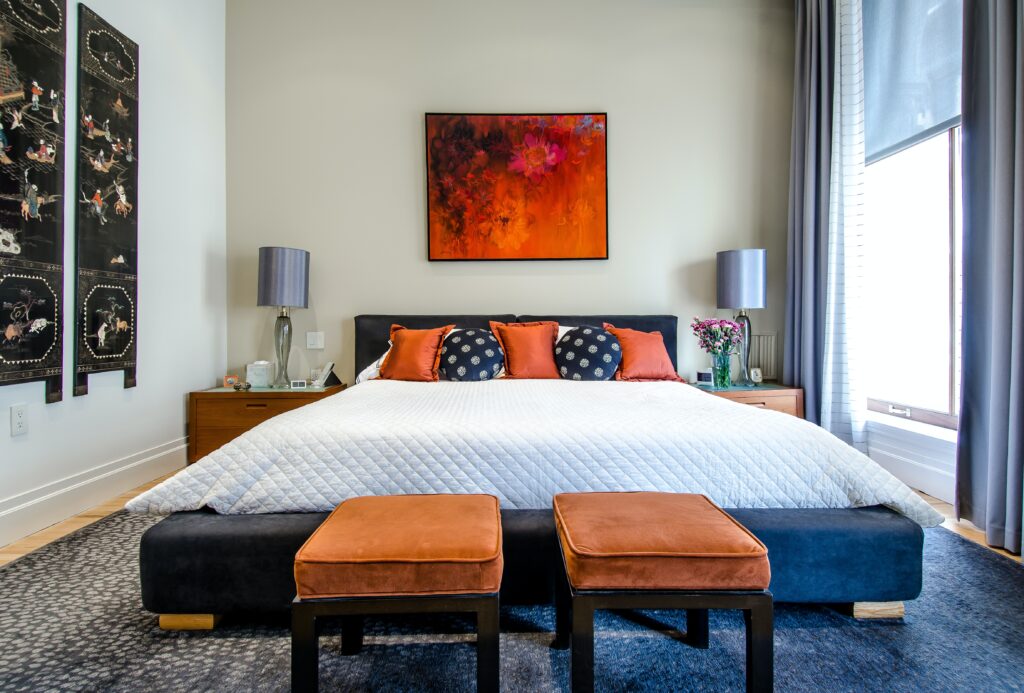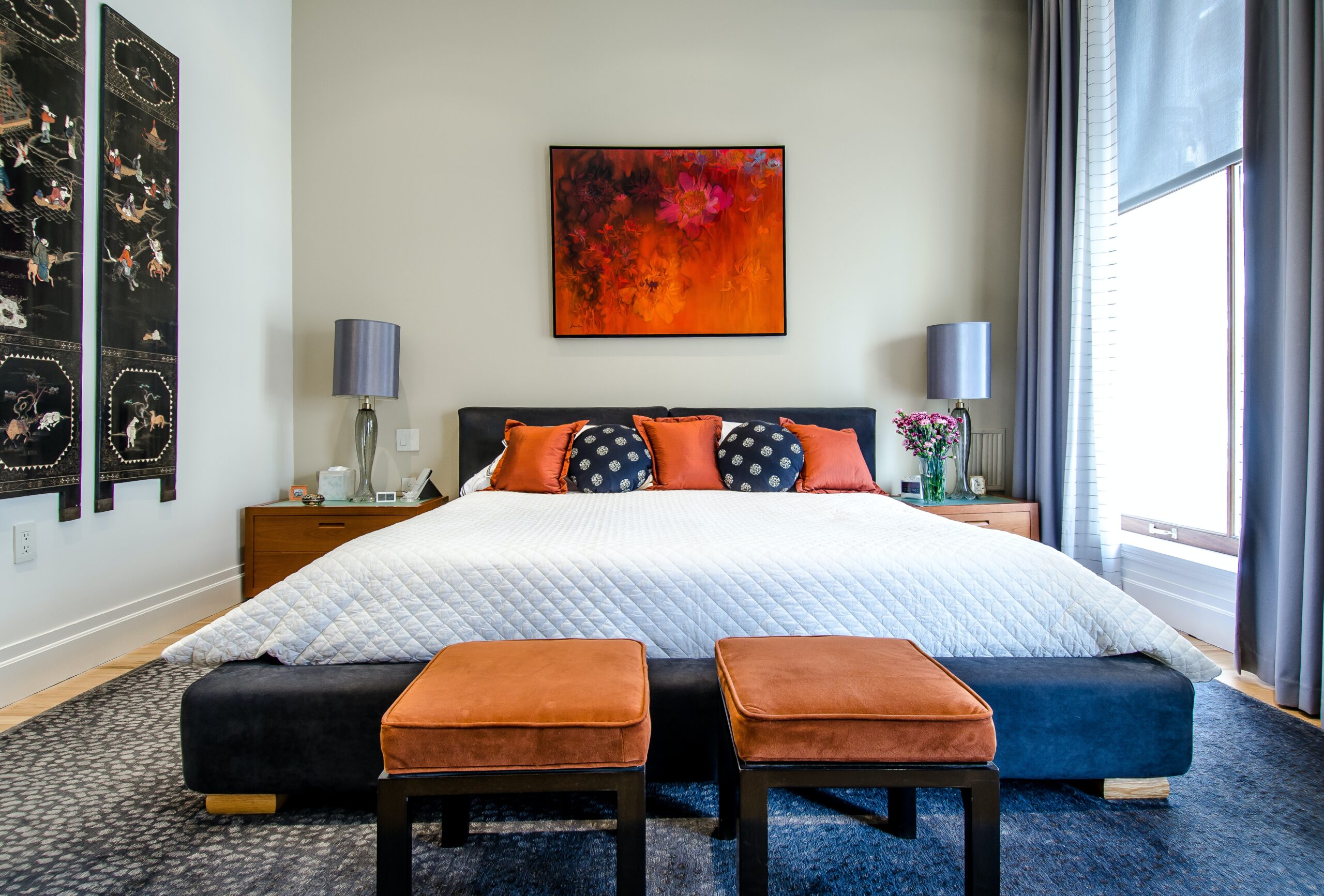
Using Airbnb for accommodation, especially as a digital nomad or frequent traveller, offers a unique set of advantages and disadvantages. As a full time travellers and nomads, we have seen the good, the bad, the ugly and darn right terrible of Air Bnb. Some of the worst experiences include one house that had undisciplined cats that jumped on our bed, a fridge that stopped working and ruined all the grocery shopping, apartments up several flights of stairs (absolute nightmare if you have luggage), places that are beautiful homes but in horrible neighbourhoods, and a lack of basic facilities like microwave and washer despite paying high prices. Some of these disasters came because of deception by the owner, others it was bad research on our part.
Here’s a detailed look at the pros and con of using Air Bnb.
If you want a detailed post on how to look for the best accommodation as a digital nomad, click here instead.
Pros of Using Airbnb As A Digital Nomad
Variety of Choices: Airbnb provides a wide range of accommodation types, from shared rooms to entire houses, fitting different budgets and preferences.
Local Experience: Staying in a residential area rather than a tourist zone offers a more authentic local experience, allowing you to immerse yourself in the community.
Amenities: Many Airbnb listings come with home-like amenities, such as a kitchen, laundry facilities, and Wi-Fi, which can be more comfortable and cost-effective than hotels.
Unique Properties: Airbnb hosts often offer unique and characterful properties that provide a different experience from standard hotel rooms.
Cost-Effective for Long Stays: Hosts usually offer discounts for longer stays, making Airbnb an economical option for extended trips.
Privacy: Depending on the rental, you often have more privacy compared to hostels or shared hotel facilities.
Meet Locals: Renting from local hosts can provide an opportunity to meet residents and gain insights into the area and culture.
Flexibility: Airbnb bookings can offer more flexible check-in and check-out times compared to hotels.
Cons of Using Airbnb
Inconsistency: Experiences can vary significantly from one property to another. Unlike hotels, Airbnb properties are not standardized.
Service Quality: The level of service and hospitality depends greatly on the host, which can be inconsistent. Unlike hotels, there’s no guaranteed 24/7 reception or room service.
Scams and Misrepresentations: There have been instances where properties are not as advertised or, in rare cases, scams. Thorough research and reading reviews are essential.
Extra Charges: Some listings may have additional fees like cleaning fees or security deposits, which can add to the overall cost.
Lack of Amenities: Unlike hotels, some Airbnbs may not offer amenities like daily housekeeping, toiletries, or on-site dining.
Check-in Process: Depending on the host, the check-in process can be complicated, especially if arriving late at night or if the host is not available in person.
Cancellation Policies: Cancellation policies vary and can sometimes be strict, leading to potential losses if plans change.
Legal and Regulatory Issues: In some cities, there are legal restrictions on short-term rentals, which can affect availability and legality.
Isolation: Staying in a residential area might feel isolating for some travelers, especially those who enjoy the social aspects of hotels or hostels.
Internet Reliability: For digital nomads, reliable internet is crucial, and not all Airbnb listings have high-speed or stable Wi-Fi.
Safety and Security: While most Airbnb stays are safe, the level of security can vary, and there might be less oversight compared to a hotel.
Limited Accessibility: Some Airbnb listings may not be suitable for guests with mobility issues, as they might not have amenities like elevators or wheelchair ramps.
In summary, while Airbnb offers a unique and often more local experience with the potential for cost savings on long stays, it comes with variability in quality, potential extra costs, and a lack of standardized services. Thorough research, reading reviews, and clear communication with hosts are key to ensuring a positive experience.




